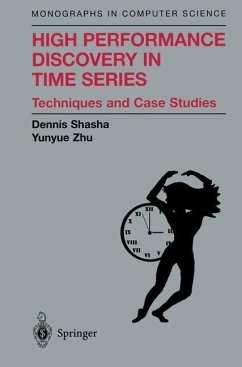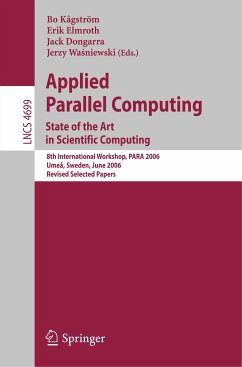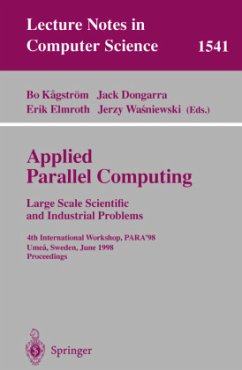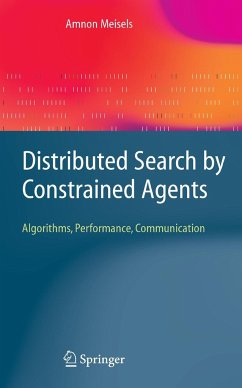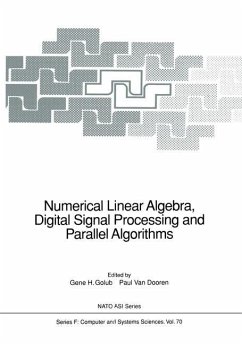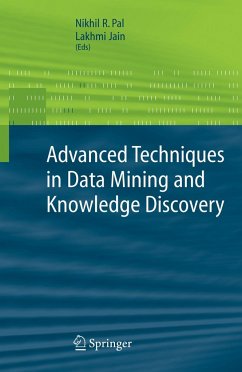
High Performance Discovery in Time Series
Techniques and Case Studies
Herausgegeben: New York University Courant Inst. Mathematical Sciences; Ryan, Donna
Versandkostenfrei!
Versandfertig in über 4 Wochen
102,99 €
inkl. MwSt.
Weitere Ausgaben:

PAYBACK Punkte
51 °P sammeln!
Overview and Goals Data arriving in time order (a data stream) arises in fields ranging from physics to finance to medicine to music, just to name a few. Often the data comes from sensors (in physics and medicine for example) whose data rates continue to improve dramati cally as sensor technology improves. Further, the number of sensors is increasing, so correlating data between sensors becomes ever more critical in orderto distill knowl edge from the data. On-line response is desirable in many applications (e.g., to aim a telescope at a burst of activity in a galaxy or to perform magnetic res...
Overview and Goals Data arriving in time order (a data stream) arises in fields ranging from physics to finance to medicine to music, just to name a few. Often the data comes from sensors (in physics and medicine for example) whose data rates continue to improve dramati cally as sensor technology improves. Further, the number of sensors is increasing, so correlating data between sensors becomes ever more critical in orderto distill knowl edge from the data. On-line response is desirable in many applications (e.g., to aim a telescope at a burst of activity in a galaxy or to perform magnetic resonance-based real-time surgery). These factors - data size, bursts, correlation, and fast response motivate this book. Our goal is to help you design fast, scalable algorithms for the analysis of single or multiple time series. Not only will you find useful techniques and systems built from simple primi tives, but creative readers will find many other applications of these primitives and maysee how to create new ones of their own. Our goal, then, is to help research mathematicians and computer scientists find new algorithms and to help working scientists and financial mathematicians design better, faster software.





